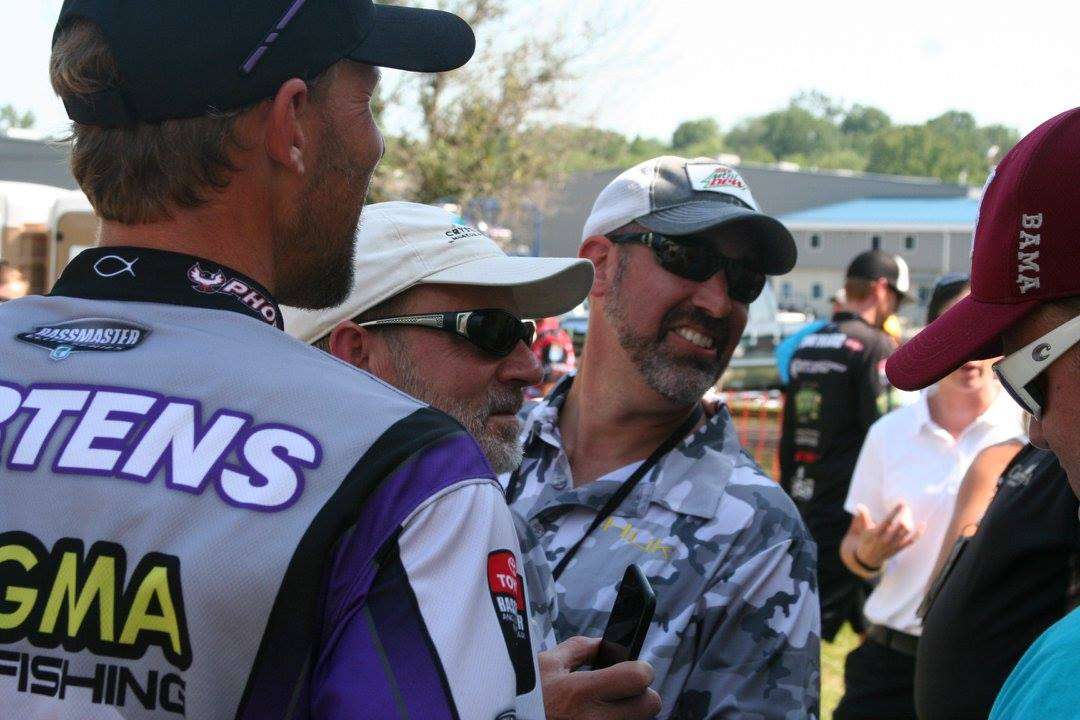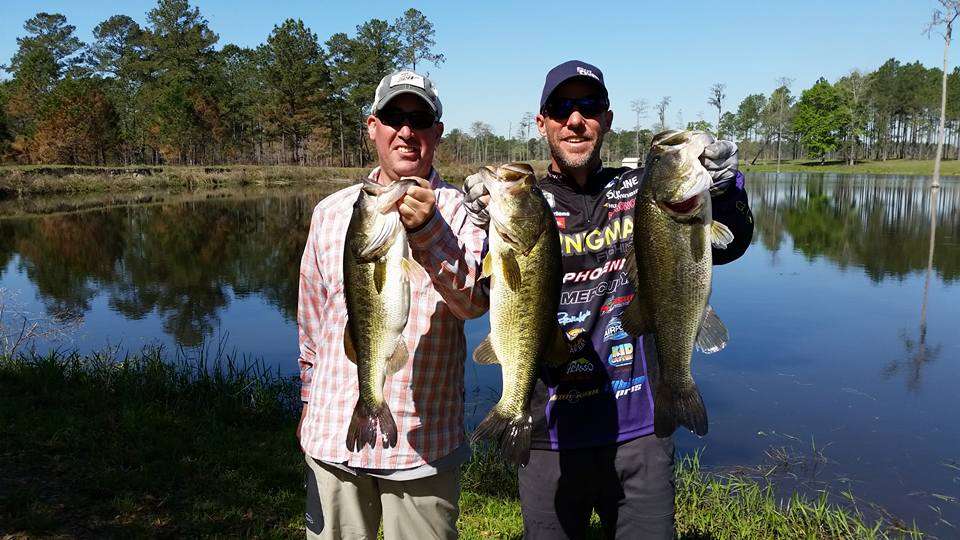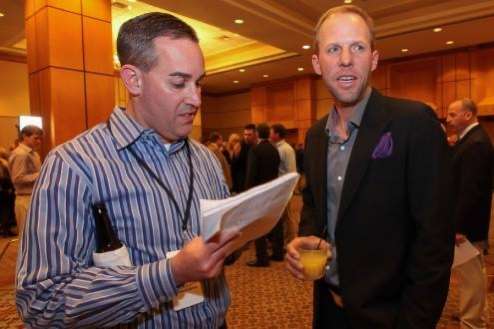
Over the past 17 years, I’ve written tens of thousands of words about professional bass fishing. I’ve covered dozens of events, and I’ve been all over the country and the world to fish. It has been the happiest and most fulfilling endeavor of my life, and it’s very possible that none of it would have happened without Aaron Martens.
You see, in 2001 I started helping a friend with the Virginia Bass Federation website, writing monthly articles about subjects of interest to our members. After a few years of doing that for free, I decided there had to be other opportunities out there. I applied for a media credential for the 2004 Bassmaster Classic on Lake Wylie, fully expecting to get shot down. I had nothing to lose and was pleasantly surprised when my application was approved.
I was given a choice of several anglers to ride with on the first day of competition, and for some reason I narrowed it down to Tommy Biffle or Aaron. Biffle might’ve been the obvious choice. He’d already fished 10 Classics, finishing in the top six on four occasions, including two runner-up results, and he seemed due to win. Aaron was not yet 32 years old. He’d fished four Classics and had been the runner-up in 2002 before missing the 2003 event that Ike won. For some reason, though, I wanted to ride with him. I honestly don’t recall if I knew at the time how innovative he was, or perhaps I was just intimidated by Biffle.
With no offense to Tommy, who went on to finish 18th, I made the right choice. That’s not just because Aaron finished second, beaten only by Takahiro Omori’s famous “I knew it” crankbait fish, but also because in one eight-hour stretch he taught me everything there was to know about fishing and covering the sport:
- He taught me that just when you think you know everything about the sport, you realize that’s when you know the least.
- He taught me that we all pass over the winning school of fish every time we go out.
- He taught me that just because lures are forgotten, or thought to only produce small fish, it doesn’t mean they aren’t deadly.
- He taught me that every competitor, within every tournament, is writing his or her own Greek tragedy with every cast.
- And most importantly, he taught me that this sport is not about spinnerbaits or horsey heads or swimbaits, but rather it’s about people, and if you’re going to cover it properly you’d better get to know the players.

Over the subsequent 17 years, I got to know Aaron much better. I rode in his boat on several occasions. I fished with him. And I spent hours on the phone with him, listening to him chasten Jordan for getting messy in the blueberry bushes, listening to him talk about his cat and most importantly listening to him describe intricacies about fishing styles and fishing tools that no one else considered, let alone articulated.
With every conversation, Aaron taught me that there was an endless amount of information to learn about fishing, and with every conversation I was reminded that curiosity is more important than mechanics when it comes to growing as an angler – or a writer. I never left an encounter without smiling or without wishing I had asked one more thing.
I’m sure we will be showered with memories of A-Mart in the coming weeks, and we will only begin to recognize his importance to bass fishing. I grieve for Lesley and Jordan and Spencer and his mother, Carol. I grieve for everyone who got to spend a minute with him and immediately thought that they were his best friend, his greatest confidante or his favorite writer.
I grieve even more for those who never got to meet him or speak with him or hear him tell a story. But mostly I’m thankful that I made the choice to ask for a media pass in 2004, and that we didn’t waste a lot of time running around the lake looking for fish. That maximized my time talking with Aaron under the Buster Boyd Bridge and set my life on its most important path.


